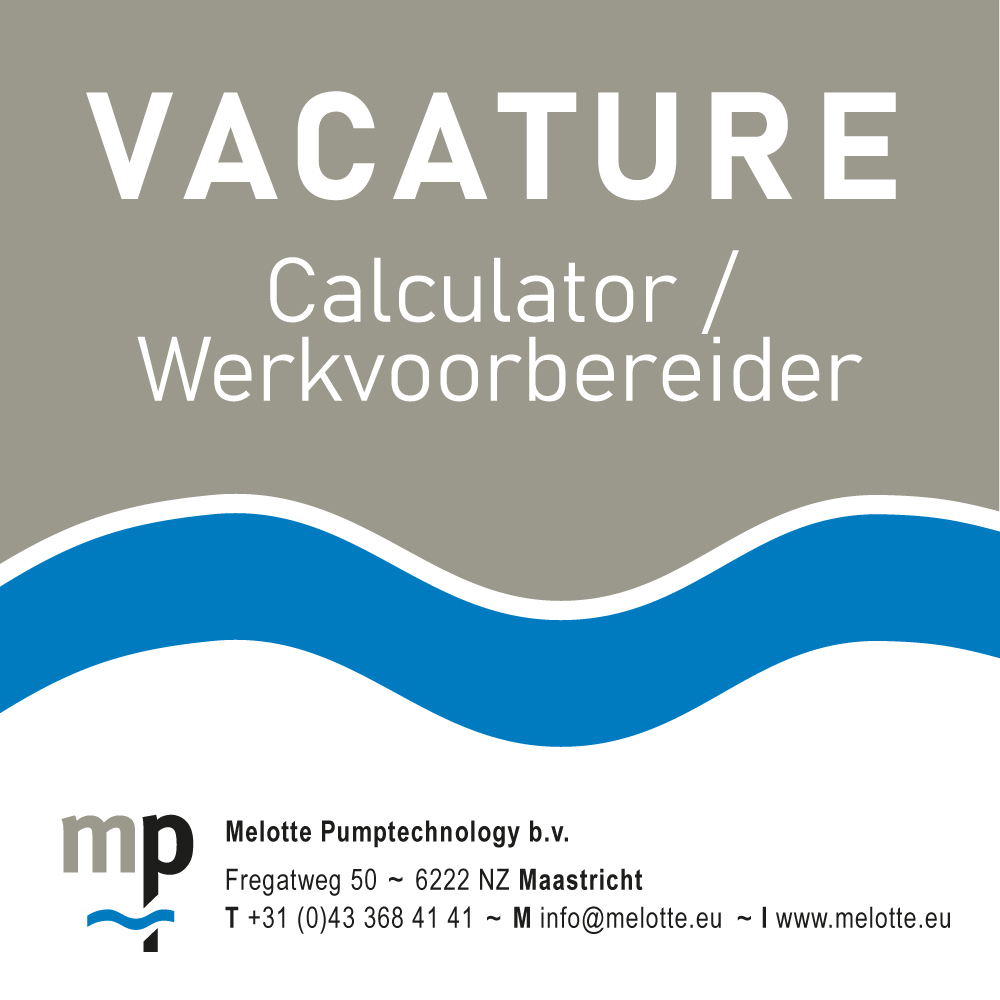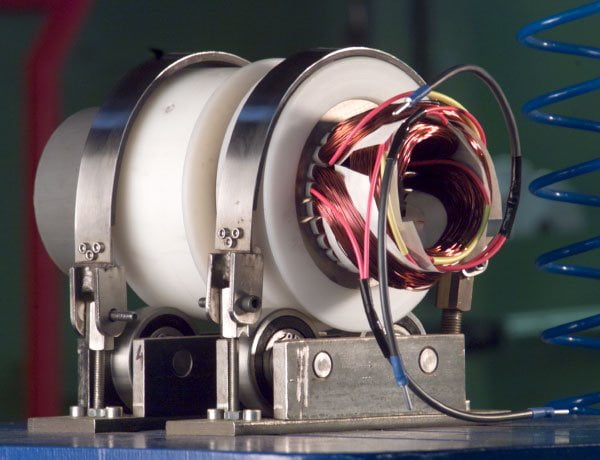
In house winding of the stator
Each stator of the Melotte submersible motors is, by means of semi-automated retraction equipment, provided with winding-coils. After completion of this winding and subsequently the brazing of the motor extension wires, this is subjected to various test according the NEN1010 standard, amongst which a high voltage test. Only after successful completion of these tests, the stators are released for further manufacturing processes.
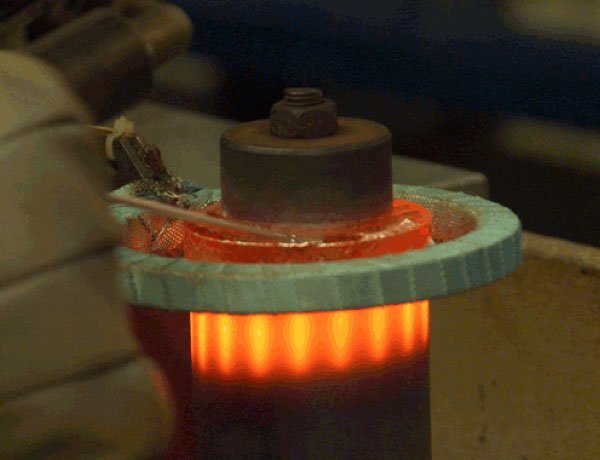
Brazing of the rotor
The rotors for the Melotte submersible motors are produced from copper rotor bars (instead of aluminum ones) in order to obtain maximum motor efficiencies. The heat released when brazing these rotor bars to the copper short circuit rings, is used to shrink the stainless steel shaft-ends in to the centre shaft of these rotors. This manufacturing method enables Melotte to simply adjust the material selection for the rotor shaft end, thus selecting the correct material quality for each application, based on your local water quality.
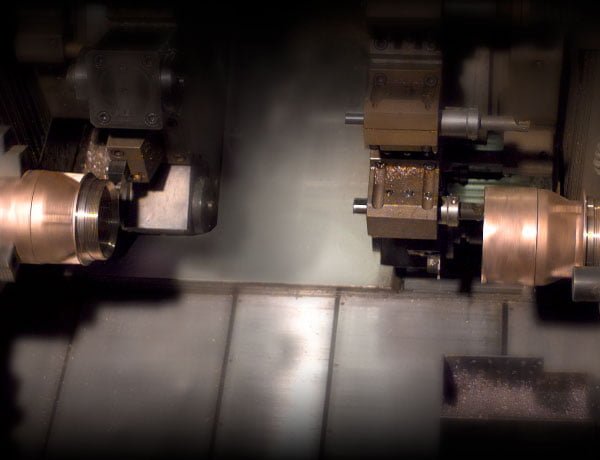
CNC turning machines
For amongst others the machining of castings for the submersible pumps and motors, as well as those of the injection valves etc. the Melotte factory is equipped with several CNC turning lathes. These lathes are also used for the efficient manufacture of the many minor components of the mentioned products as well as for machining of the rotors. The in house execution of these machining operations, provides Melotte with the required flexibility in the manufacturing processes to be of maximum service to you and also guarantees the quality of the machining work.
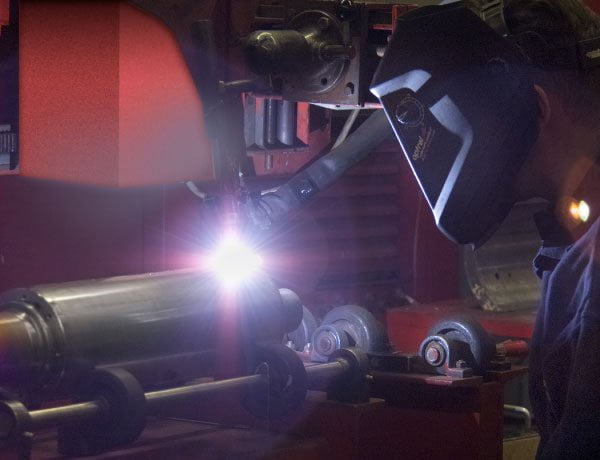
Stator welding
For the stainless steel encasement of the in house wound stators, both for the welding of the stator casing to the stator flanges, as for the manufacture of the inner stator tube, the Melotte Pumptechnology factory is equipped with modern, automatic welding machinery. This not only guarantees an efficient manufacture, but also warrants a high quality level of the welds. Nevertheless, after the welding process is completed, each stator is subjected to a density test for a 100% guarantee.
